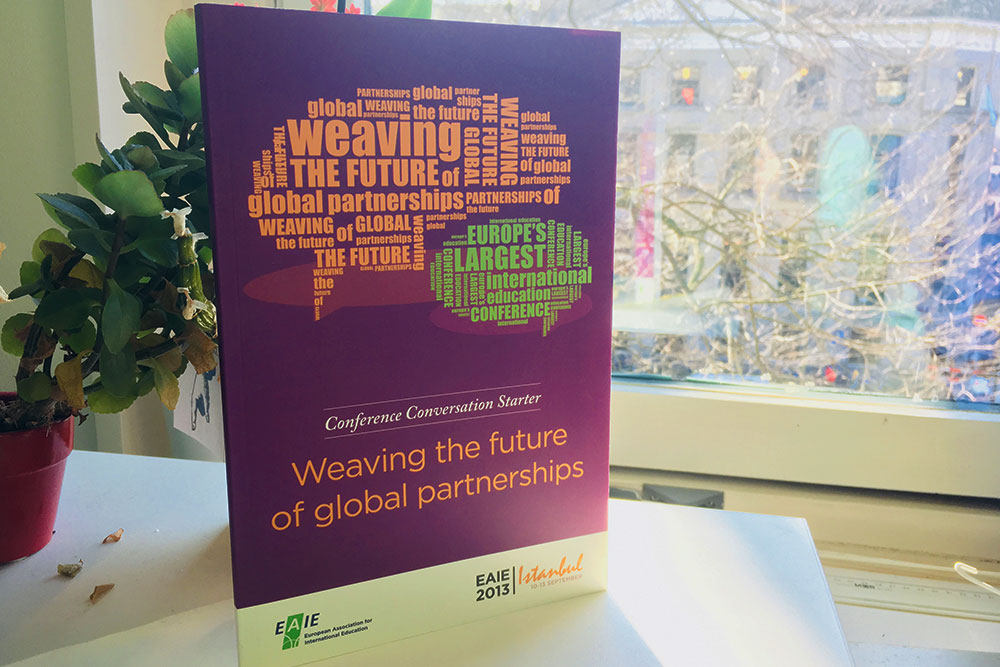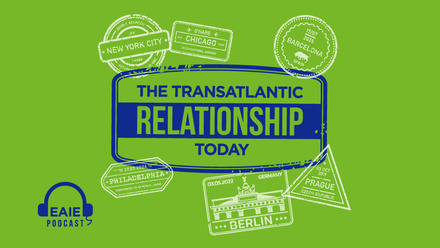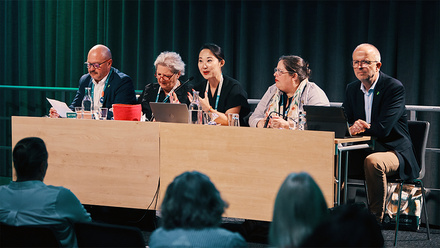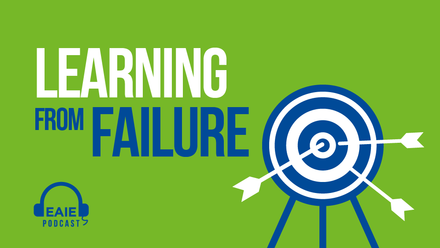Global higher education as a reflection of international relations

In this second blog post of the series of ‘Weaving the future of global partnerships’, Patti McGill Peterson, one of the authors of the EAIE Conference Conversation Starter 2013, takes a look at the growing occurrence of ‘public diplomacy’ on an international scale and explores the motives and outcomes for such collaboration. Higher education has always been a critical component of public diplomacy and it’s role is never more prominent than today.
Just as the dimensions and purpose of higher education have expanded over time, so too have the concept and practice of diplomacy. With Metternich, the 19th century European statesman, as its icon, international diplomacy was once the province of official government representatives. Since the end of World War II, the parameters of diplomacy have expanded significantly to include the concept of ‘public diplomacy’, a term that covers the actions of a wide-array of actors and activities that promote social, cultural, and educational relations among nations.
The exercise of soft power
Through public diplomacy initiatives and programmes, nations seek to exert ’soft power’. In contrast to hard power, where one nation seeks dominion over another by force, soft power rests on a gentler but equally influential approach. Soft power, rather than employing military might or economic leverage, is dependent on the power of ideas and culture to influence the friendship, disposition, and action of others.
Governments comprehended these concepts long before the use of the terms ‘public diplomacy’ and ‘soft power’, and higher education in turn has always been a critical component of the process. In the US, the Fulbright Program is an excellent example of public diplomacy being furthered through higher education. Now approaching seventy years in operation, the programme’s stated goal is to foster mutual understanding between people and nations, and it has always represented a mix of government and people-generated soft power.
While Fulbright has not been replicated by other countries, there are other well-organised efforts to extend national diplomacy through education. The British Council, for example, describes itself as the United Kingdom’s international organisation for educational opportunities and cultural relations. Germany’s Deutscher Akademischer Austausch Dienst (DAAD) and the European Commission’s Erasmus Mundus programme have similar missions. Examples from Asia include China’s Confucius Institutes, and a new Malaysia-based agency established to promote educational cooperation with countries in the ASEAN region.
Diplomacy or hegemony
Researchers and practitioners have asked whether global engagement among the world’s higher education institutions is focused on an enlightened stance for mutual benefit between partners or is fundamentally a set of unequal relationships. When governments and country-based public diplomacy organisations reach out to developing countries, do they do so with an attitude of mutuality? Or is the outlook one of a stronger power influencing a weaker one? Is there anything wrong with a government agency or an affiliated organisation offering fellowships to encourage students in other countries to study outside their own country and to absorb the culture of their host country during the period of study? Is this a case of good deeds informed by mixed motives and unintended consequences? There are no easy answers to these questions but they require careful consideration, transparency, and candid discussion as higher education moves into an era of increasing cross-border activity.
Beyond sovereignty
As we enter a period of accelerated global connectivity between higher education institutions, it is clear that educational diplomacy will not merely be led by government agencies or organisations founded to promote the education and cultural values of their countries. Rather, much of the current diplomatic activity for the global engagement of higher education is institution to institution.
While colleges and universities must adhere to national laws and are wise to be well aware of local customs in negotiating relationships abroad, they often operate on their own reconnaissance when institutional agreements are signed. For this vein of educational diplomacy to succeed, it is extremely important that, just as in official diplomatic negotiations, institutions develop protocols that recognise all the details, promises, and expectations that are critical to both parties before signing. And when unexpected developments cause diplomatic tensions, it will be equally important to have ways to adjudicate these issues. This is what allows treaties between nations and institutions to last.
Sound diplomacy for strong relationships
It would be safe to say that in most negotiations there are mixed motives for seeking engagement. The search for fee-paying students is one of the leading reasons we see greater cross-border activity in global higher education. Some universities seek relationships with other institutions they view as more prestigious as a way to increase their chances of a higher rung in global rankings.
However, many institutions are also seeking cooperative agreements to deepen and broaden the quality of what they do and to define themselves as global institutions. They may want to pursue a variety of goals through engagement – to enrich their academic programmes, enlarge the knowledge and experience base for their students, host a more internationally diverse student body and faculty, provide more opportunities for their faculty to join international research networks and ultimately to develop a wide spectrum of joint activity that will benefit both partners.
Whether encouraged by their countries or a self-designed initiative, transparency and clearly stated goals will be essential. As with all sustainable relationships, the character of the parties and the ethical framework in which they operate are all-important. Countries and institutions have an obligation to consider the benefits not merely to themselves but also to their partners. This will be in the best spirit of international diplomacy and internationalisation of higher education. If done well, it will be a rising tide that lifts all ships.
To read the full chapter, download your copy of the EAIE Conference Conversation Starter from the EAIE Member Centre (members only) or My Conference (conference participants only).
By Patti McGill Peterson, Global Initiatives, USA






